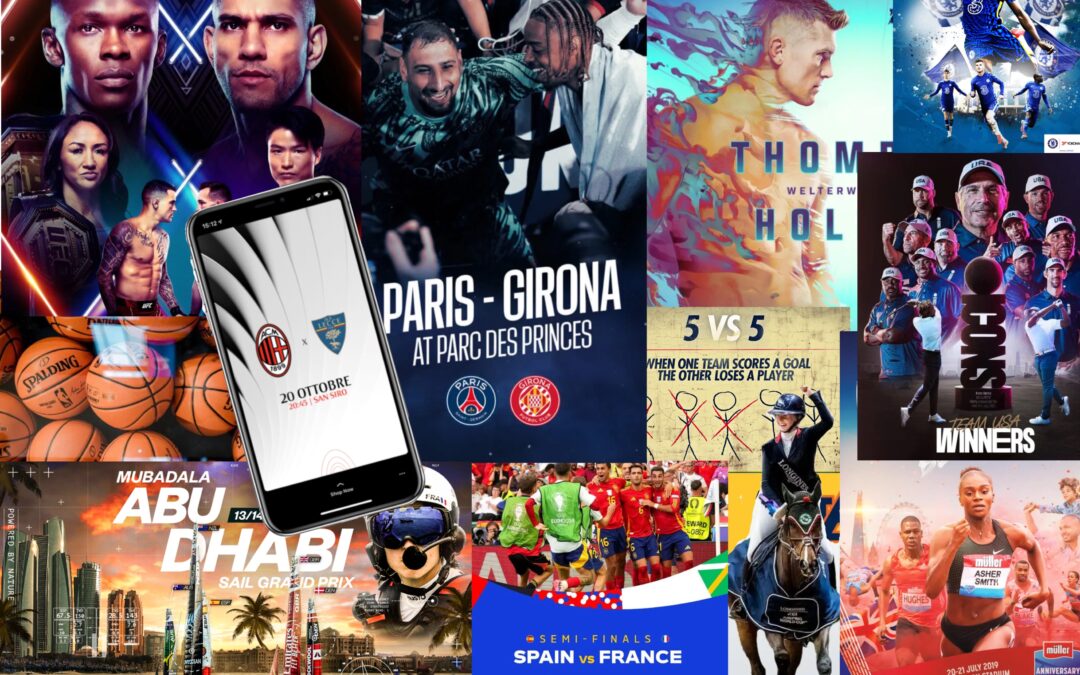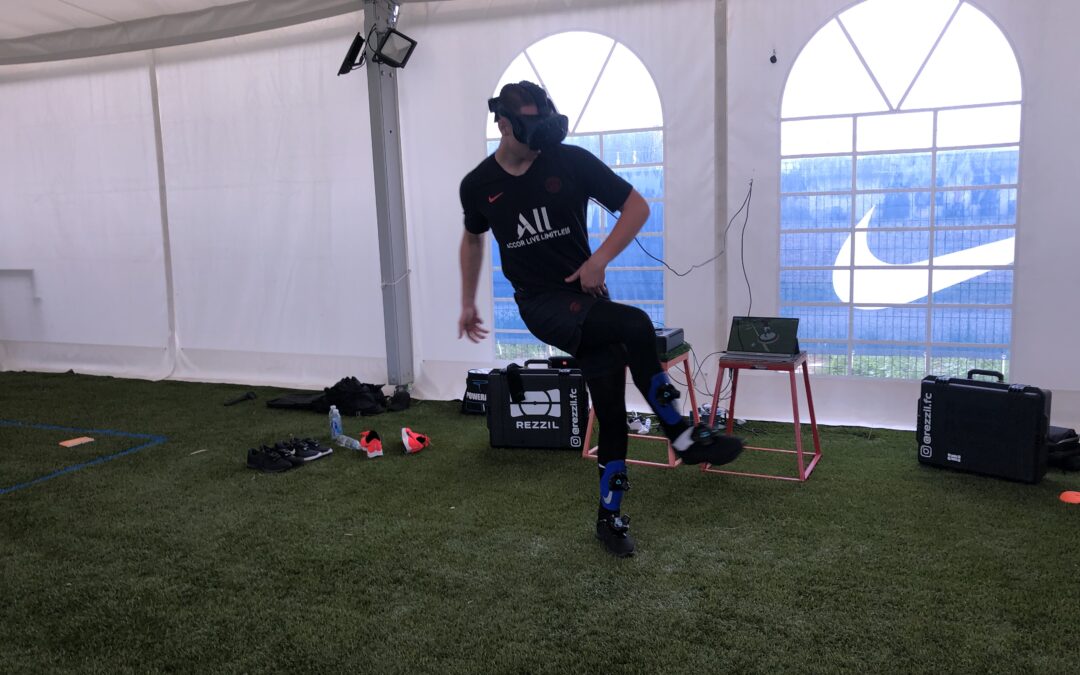As Lisbon prepares to host the UEFA Women’s Champions League final between Arsenal and Barcelona, Sidelines spoke to broadcaster Kate Mason about the role of media in the competition’s future. Disney+ has since been announced as the new rightsholders ahead of the 2025/26 season.
For the first time since their victory over Umeå in 2007, Arsenal have reached the Women’s Champions League final. On Saturday 24 May, the Gunners will face off against Barcelona – hunting a third consecutive European title – but it will look very different to their famous victory in 2007, played out in front of just 3,467 fans at Meadow Park.
Sports broadcaster Kate Mason, who has covered women’s football for more than ten years, is still awed by the change she’s seen in the sport. She recalls covering Arsenal in the same competition in 2014: “I was obviously absolutely buzzing to be involved in that sort of thing. But that didn’t really feel like how the rest of the world felt about it, so to go from that to sold-out games at the Emirates is unreal.”
Mason, who currently works with The Metro and TNT Sport, explains how covering the competition has changed. In the early days, she told Sidelines, it was difficult to get “under-resourced” clubs to support media activity and journalists and bloggers outside of the mainstream did a lot of work to support the game’s growth. Now, the difference in coverage is “amazing”.
“People are referencing players and it’s not like they’ve had to research and look really hard – it’s on the front page of the BBC, it’s on some of the highlights and stuff on TNT.”
Since we spoke to Mason, Disney+ has been revealed as the Women’s Champions League’s new main rightsholder, meaning much coverage will move behind a paywall. Mason’s comments (made without knowledge of the change) give key insight into how the media look to balance accessibility with quality of coverage.
Looking to the future
The UWCL is a valuable competition. According to SportBusiness, it generated €18.9m (about £15.9m) in revenues in 2023/24. The significant chunk of that revenue from media rights (€8.1m, about £6.8m) underpins why considering the competition’s relationship with the media is so important.
When rights were centralised in 2021, DAZN secured the right to show the competition across the vast majority of the world. The first final they broadcast in 2022 attracted a live cumulative viewership of 3.6m, rising to 5.1m for the 2023 final. In both cases, the game was available for free on DAZN but also on other channels. DAZN had planned to put most of the competition behind a paywall for the 2023/24 season, to ‘accelerate the value’ of the women’s game – but that plan was scrapped.
Now, though, it’s been announced that Disney+ will take on coverage of the competition from the start of the new season in a deal running for five years. The subscription-based platform will show all 75 matches within the new league format next season at no extra cost to subscribers in Europe. It means the competition’s main rightsholder will now be behind a paywall – but the European Club Association says there will also be deals for free-to-air coverage in ‘approximately 30 territories’.
It echoes what Mason told Sidelines: there must be a balance between the benefits of free-to-air and paid coverage.

“I find that the commercial broadcasters like Sky or TNT devote a lot of resources and time and effort to making really beautiful TV and really incredible creative montages and packages and all that other stuff. And that’s not to say that free-to-air can’t do that – it’s just I suppose probably the budgets are bigger.
“There’s lots of people working on a shoestring who make unbelievable stuff,” she said, “so I don’t want to minimise that contribution either. But people like TNT, we’re part of Warner Brothers, who’ve got a load of heritage of creating and making stuff look amazing and really emphasising that story. And why do people get obsessed with sport? Because they’ve got the stories, they understand who the people are, and they care what happens to them.
“I think also when it gets that focus from a big organisation like that, that has an impact on how much time and how much conversation it then has in some of the rest of the programming.”
Mason discussed the importance of coverage with all the ‘furniture’, like a halftime show, to elevate the product. She pointed out the importance of catering for a wide variety of women’s football fans, from new supporters who need the stories told from the beginning up to the “real nerds” who want some more detailed coverage. Next season’s coverage will be produced by ESPN, and the ECA say “comprehensive pre-and-post-match programming” will be offered – presumably a positive sign for the ‘real nerds’!
“It’s a complicated thing to do to try and work for all fans. That’s the kind of model I’d like to see for the Women’s Champions League: to continue to have that level of awareness. There are people we need to bring in. But then we do also have a product now that is so exciting to watch.”
“It’s not actually a very exciting answer, because obviously what I’m saying is it’s a balance. But I think that there can be something about making it desirable.”
Moving away from the big picture, we also take the chance to get Mason – who happens to be a Tottenham Hotspur fan – to give her our prediction for Saturday’s final. “I think Barcelona will absolutely spank Arsenal,” she said, with almost no hesitation. Can we quote her on that? She laughed. “Yes!”
Sidelines Recommends

How sports brands stay #Winning
When the noise online matters just as much as the noise in the stands, how do you break through? Sidelines speaks to the sports marketing experts trusted by Red Bull, PSG, and UFC to manage their brand. Like it or not, in a world where everyone’s smartphones are an…

Creating in chaos: the man behind the graphics at Sky Sports
Sky Sports is one of the UK’s breaking sports news powerhouses – but it’s not just the pundits on screen who make it happen. Each transfer and tribute needs visuals carefully curated, which is where Liam Harrison comes in. Graphic designer feels a small word for what…

The virtual advantage: how VR is revolutionising sports training
How is virtual reality influencing the way athletes train and level up their game? Sidelines dives into the future of sports training.




